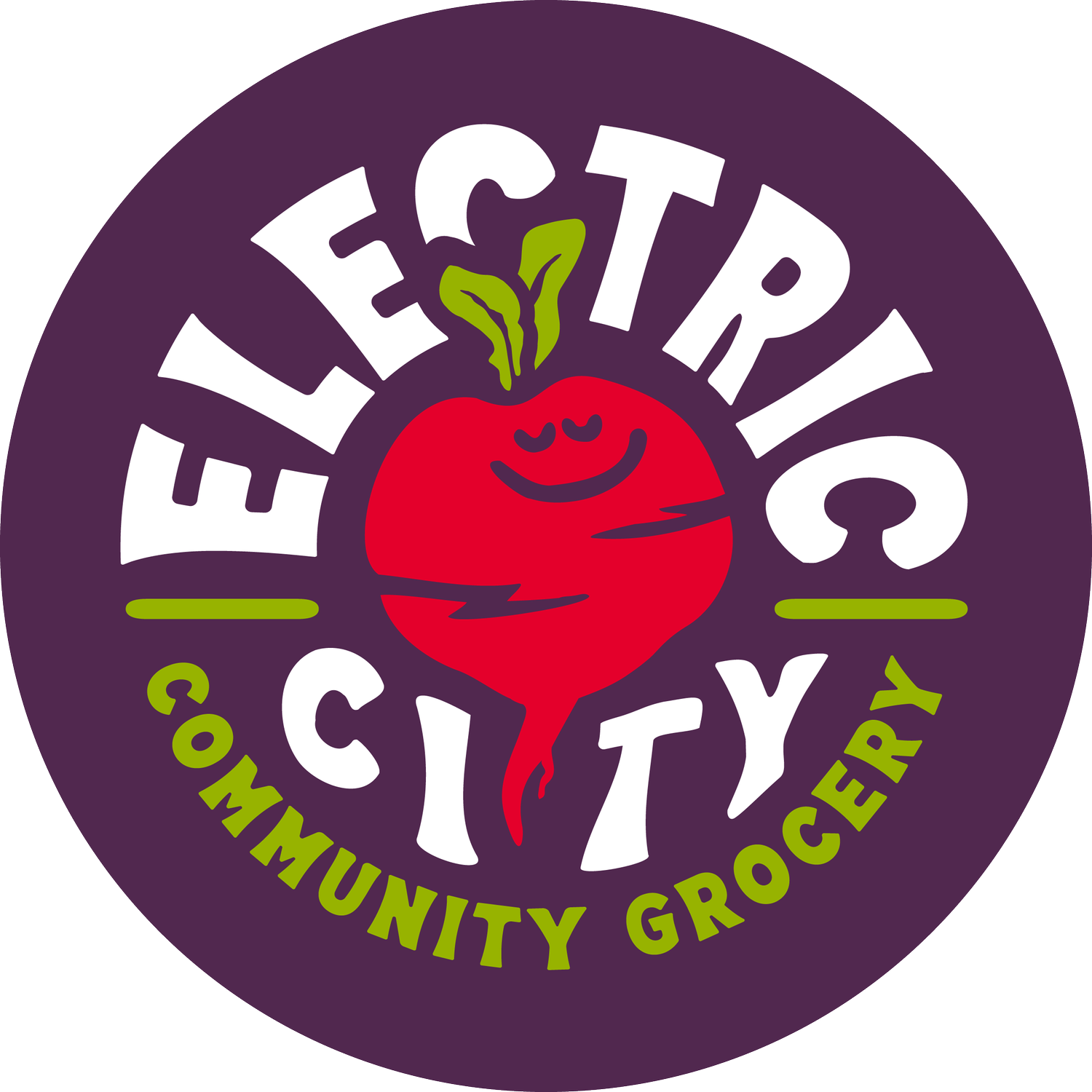John Skenandore
MO #1297
Featured Novembe 2025
This month, we're delighted and inspired to shine the spotlight on John Skenandore (MO#1297, Turtle Clan, Oneida Nation). We are exceptionally grateful to him and Kawenniiosta Jock (MO#1038, Wolf Clan, Mohawk Nation) for leading the planting of the White Pine Tree of Peace on Sunday, November 9 while sharing wisdom from their traditions and imparting important knowledge about the history of the Haudenosaunee Confederacy's approach to democratic governance in accordance with the Great Law of Peace. Especially for those who missed the gathering, we're honored to share more about Skenandore's work and what membership in our co-op means to him.
John Skenandore's work is the re-establishment of the Haudenosaunee (Iroquois) Confederacy and the institution of the Great Law of Peace. This includes the development of a self-sufficient economic ecosystem to support the Confederacy's goals.
In addition to economic and political initiatives, Skenandore is dedicated to rebuilding the strength and integrity of indigenous communities. He is actively working on re-instituting the Warrior Societies to their rightful place and empowering the men of the community. In their traditional roles, these societies served not as a militarized force, but as an essential part of tribal governance and community well-being. They functioned as a form of law enforcement and public service, responsible for maintaining discipline, protecting resources, and upholding cultural values. This model offers a valuable alternative to modern police departments, prioritizing community connection, cultural alignment, and a protective "guardian" role over an adversarial "us vs. them" approach. This is complemented by his work with the Guardians of the Ancestral Path, a men's camp dedicated to fostering this vision of a strong, self-reliant nation capable of protecting its people and way of life.
His commitment to land rematriation is deeply intertwined with his work in environmental sustainability and community health. He is actively involved in utilizing advanced agricultural techniques like biochar and compost tea, especially at Skywoman's Forever Farm in Schoharie County. These methods are not only restoring the health of the land but also playing a crucial role in the remediation of polluted sites, including the cleanup of PCBs, thereby supporting the vision of self-sufficiency by fostering healthy food systems and a renewed connection to ancestral lands.
What do you like about being part of the co-op community?
What I love most about the co-op community is the spirit of genuine collaboration and unity it embodies. It’s a modern movement that beautifully aligns with the traditional Indigenous value that food is life.
For me, being part of this co-op is a powerful way to practice food sovereignty. This means we, the community, have the inherent right to define, control, and access a food system that is healthy, culturally appropriate, and produced sustainably. It's about taking the power back and fostering a reciprocal relationship with Mother Earth, just as our ancestors did.
I practice this every day on my farm by cultivating heirloom seeds and honoring the land. By working together with the co-op, we ensure these life-giving foods get directly to our neighbors. The co-op is where the hands that grow the food and the hands that eat the food meet—a true circle of life and a profound affirmation that unity through food is life.
What will having a downtown grocery mean to you?
As a local farmer, the new downtown grocery is more than just a store—it’s an anchor of hope and stability for our local food economy.
For me, it represents a commitment to partnership. It means having a reliable, ethical market right here in the city, one that values the quality and sustainability of my produce. This allows me to focus on stewardship of the land and growing the best food possible, knowing I have a steady outlet that prioritizes local sourcing.
More importantly, it’s a tremendous step toward making Schenectady a more resilient and equitable community. Having accessible, high-quality, fresh food downtown uplifts everyone, particularly those currently facing food access barriers. This co-op is a physical place where all of Schenectady—farmers, producers, and residents—can come together, invest in each other, and celebrate the shared blessing that food is life.
What do you love about Schenectady?
I love Schenectady because you can feel its deep roots and the incredible resilience of its people. From an Indigenous perspective, this place—the ancestral home of the Mohawk people, nestled along the beautiful river—is sacred ground.
What I cherish most is the feeling of belonging to a community that is actively seeking revitalization and growth, built on the strength of its diverse past. There is a palpable energy here, a sense of moving forward together. When I look at initiatives like the co-op, I see people choosing to invest in their neighbors and in the future health of this land.
Schenectady is truly special because it is a place where we can successfully weave traditional values of stewardship and collective care into a thriving, modern city. It’s an honor to contribute to its future.

